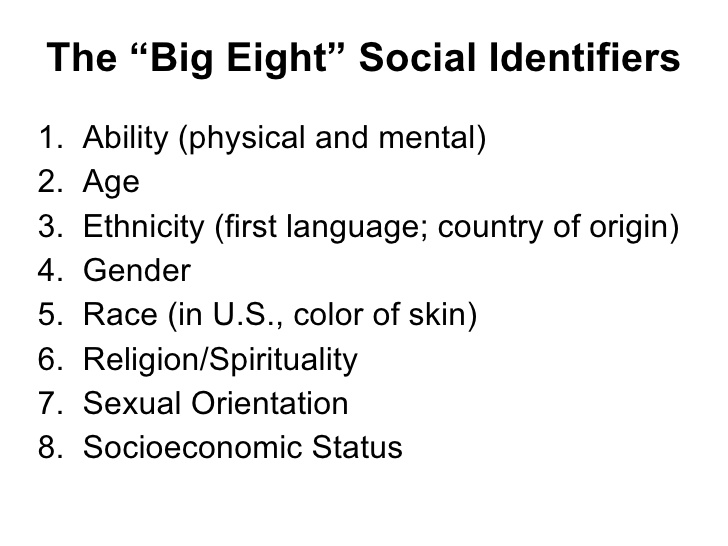OrangeAppled
Sugar Hiccup
- Joined
- Mar 20, 2009
- Messages
- 7,626
- MBTI Type
- INFP
- Enneagram
- 4w5
- Instinctual Variant
- sp/sx
I do not think morals are really about what we should or should not do as obligations. It is more about spiritual truths. How is our experience impacted, long-term and short-term, by particular actions? Whether it is good or bad, or whatever value, depends on how we categorize the impact (personally and as a group).
The spiritual truth is that giving makes people happy. The spiritual truth is that we are not islands and that the misery of others does affect our own happiness. If you think of humans as a body and the self as a part of the body, then it is clear that your actions and theirs are rarely totally independent and without impact on eachother; it may change how you treat the rest of that body.
This doesn't mean we always or ever are conscious of these connections, just as we do not always identify a physical pain and its source that easily.
If it becomes a matter of obligation, then it does not have the same meaning, and this breeds resentment.
I think it is good to teach people these spiritual truths, because otherwise they think that self-sacrifice and giving is just some abstract "good", especially when the impact is not immediate or in an easily measurable or identifiable way. I do not think people inherenty know these things. This is why I think spirituality is so much more powerful than laws or social customs, which at best encourage and reinforce healthy practices.
Selfishness is sort of addicting like junk food. It has immediate gratification and it may be hard for someone in the habit of consuming it to feel healthier options are more enjoyable and bring more to their life in the long-term. When people try to change such a habit form a standpoint of obligation, then they complain and it is a chore. But when they view it as, say, caring for themselves, enriching experience, etc, then it can even become preferrable to the old habit. I think some key ideas here are "what is the habit" and is the action a chore or motivated from a deeper realization about yourself and others? Is it really loving to myself to abuse my own body even if momentarily it brings me pleasure? Is it really a sacrifice to care for my own body even if it seems less fun at the moment? Now think of humans as a body. What part are you? How can and do you contribute to the function of the whole? Whether you are a baby toe or the stomach, you are a part of it.
The spiritual truth is that giving makes people happy. The spiritual truth is that we are not islands and that the misery of others does affect our own happiness. If you think of humans as a body and the self as a part of the body, then it is clear that your actions and theirs are rarely totally independent and without impact on eachother; it may change how you treat the rest of that body.
This doesn't mean we always or ever are conscious of these connections, just as we do not always identify a physical pain and its source that easily.
If it becomes a matter of obligation, then it does not have the same meaning, and this breeds resentment.
I think it is good to teach people these spiritual truths, because otherwise they think that self-sacrifice and giving is just some abstract "good", especially when the impact is not immediate or in an easily measurable or identifiable way. I do not think people inherenty know these things. This is why I think spirituality is so much more powerful than laws or social customs, which at best encourage and reinforce healthy practices.
Selfishness is sort of addicting like junk food. It has immediate gratification and it may be hard for someone in the habit of consuming it to feel healthier options are more enjoyable and bring more to their life in the long-term. When people try to change such a habit form a standpoint of obligation, then they complain and it is a chore. But when they view it as, say, caring for themselves, enriching experience, etc, then it can even become preferrable to the old habit. I think some key ideas here are "what is the habit" and is the action a chore or motivated from a deeper realization about yourself and others? Is it really loving to myself to abuse my own body even if momentarily it brings me pleasure? Is it really a sacrifice to care for my own body even if it seems less fun at the moment? Now think of humans as a body. What part are you? How can and do you contribute to the function of the whole? Whether you are a baby toe or the stomach, you are a part of it.

